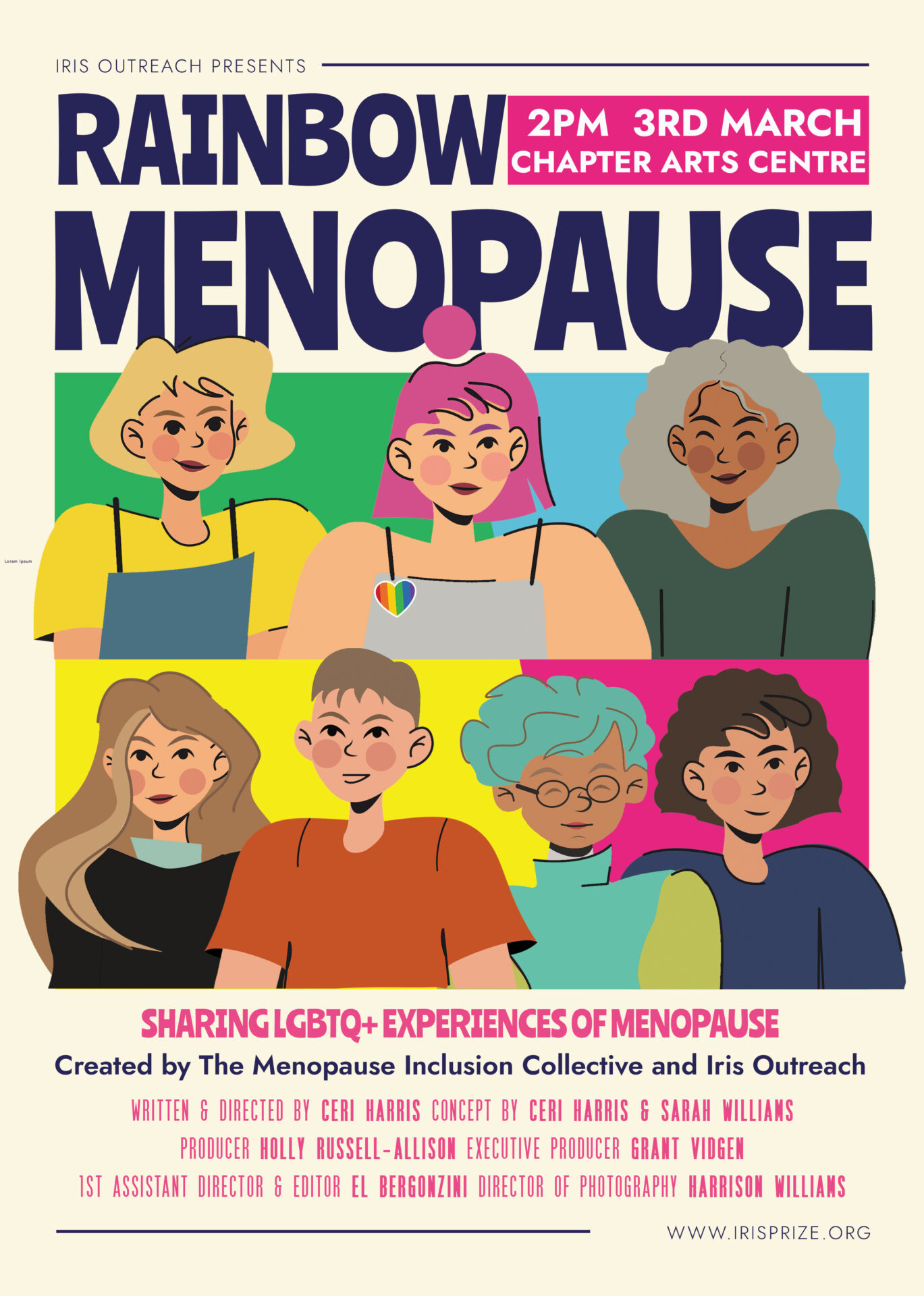A total of 18 people completed the survey we put out across the two workshops.
With regards to the workshops themselves we received the following feedback:
On a scale of 1 to 5 – how useful was the workshop to help your understanding of menopause and perimenopause?
Everyone rated it 4 to 5 stars with 14 people (78%) giving it the full 5 stars.
On a scale of 1 to 5 – how much did you feel we listened to your questions and suggestions?
Again, everyone rated it 4 or 5 stars with 16 people (89%) giving it the full 5 stars.
When invited to offer freetext feedback, there were some requests regarding vouchers that had not been received which we dealt with promptly and effectively but most were offering very positive feedback such as:
“Really useful and your passion for womens health came across strongly. You created a safe environment so felt comfortable to ask questions.”
“It was staggering how much Jo & Yvette managed to get through – info wise- as well as allowing comments and listening to each other.”
“You managed to create a welcomed safe space to talk about something I have never talked about in public!”
“I have really enjoyed it and learnt a lot from it. It was absolutely amazing!”
Another theme in the feedback was wanting the session to be longer and that it felt a little rushed which is useful for us to know going forward.
Resources Feedback
Four types of resources were suggested and they were invited to answer the question “We hope to create some resources about perimenopause and menopause following the workshop. How likely would you be to use and share each of these?”
Here there were clearly resources that seemed to be more likely to be used and shared:

Figure 1: Barton Hill (Workshop 1) Answers

Figure 2 Easton (Workshop 2) Answers
This was a useful exercise as it points us away from the creation and filming of a ‘pretend GP consultation’ as something that would be used and shared.
Interestingly, the most popular choice was the webpage with information and links given this is already available in many ways.
The final question was about which language would be useful for these resources to be both spoken and written in. As this survey (and the associated email) was sent out in English, it is likely that this question was going to be biased towards English as an answer and most people answered with English. Other suggestions included Arabic, Punjabi, Hindi, Somali, Polish, Chinese, and Bengali.
As this was a freetext field, we also got interesting answers to consider with regards to the creation of the resources:
“For me English, but for my sisters in my community it should be in as many languages as possible eg; hindu, Polish etc Also if photos are included then someone who looks like me may also grab my attention”.
Further Research
Finally, we have been given a total of 17 names/email addresses from people in answer to the question: “We will automatically send you our final report and resources but if you would like to be added to a mailing list for future research into menopause and perimenopause, please add your email and full name below.”



